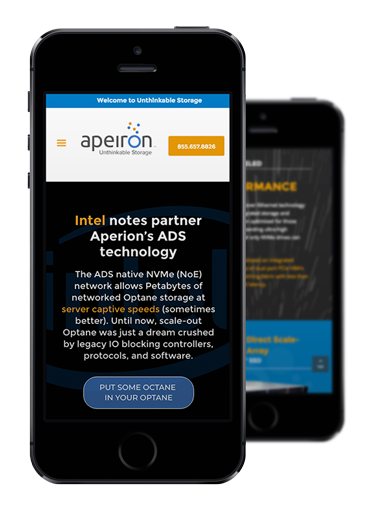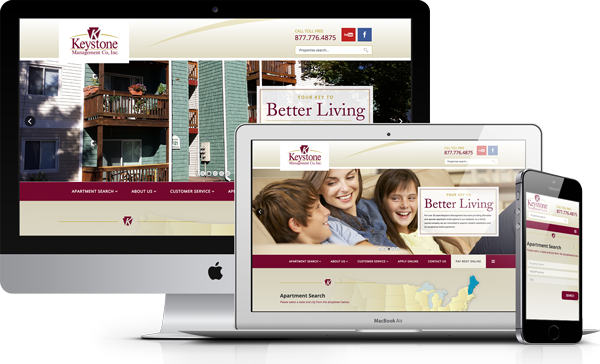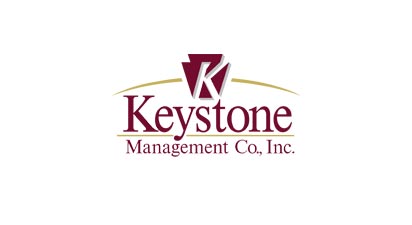
Author // Mike Kalil
Content management systems (CMS) have become standard in recent years for companies that need to keep their websites updated. There are countless CMS’s available. Some of them are free, while others carry licensing fees that are oftentimes thousands of dollars per year. Many have free basic versions for small and mid-sized websites and premium editions for enterprise-class sites.
Which is better? We say open-source. Here’s why:
No exorbitant fees. Open-source CMS’s aren’t free to implement unless you’re savvy enough to DIY, but the costs are still considerably less than fees associated with major proprietary solutions. With a commercial CMS, you’re likely to pay thousands � perhaps tens of thousands, depending on your needs � just for the right to use the product. That’s essentially throwing away money that could be better used to improve your business.
Large communities. Open-source platforms like Joomla!, Drupal and WordPress have massive global communities of developers who have made their beloved CMS’s what they are today. If you’re having a problem with your CMS, odds are several people have already come up with a solution and posted it online for you to read � for free. This may not be the case with smaller open-source CMS’s, but it is for the major players.
Freedom. If you use a popular open-source CMS, there will be plenty of designers available to you who can help if you can’t develop it in-house or wish to switch design firms. That’s a good thing for web design clients but bad for unscrupulous designers. You do not want to be trapped with a shady design firm just because of the platform you choose. I found one commercial CMS that argues against using open-source systems on its website because “standardizing your client base on a system that thousands of web service providers offer makes it far to (sic) easy for your client to leave you.”
Support. Yes, this is one of the main points that proprietary CMS developers use in promoting their systems, but the same is available for open-source solutions. While there may not be an 800 number to call, there are plenty of resources and active forums at your disposal online. If a proprietary CMS has around-the-clock telephone support availability, you can be sure that the costs of operating the service are being passed on to you.
Future proofing. While there are surely obscure open-source CMS’s whose futures are uncertain, the major ones’ look bright, especially when compared to commercial solutions. To be extra sure that your CMS won’t become obsolete, we recommend picking one of the top ones rather than little-known systems that haven’t been around for long.
There are exceptions to any rule, but in all likelihood your organization would be better served with an open-source CMS platform. There’s a plethora of open-source systems that are designed to develop anything from personal blogs to e-commerce sites to social networking platforms to news outlets. Since there are so many choices, it’s important to make sure you weigh all the pros and cons of the system you’re considering before moving forward.
What is your experience with open-source vs. proprietary CMS’s? Agree? Disagree? Leave a comment below!




















